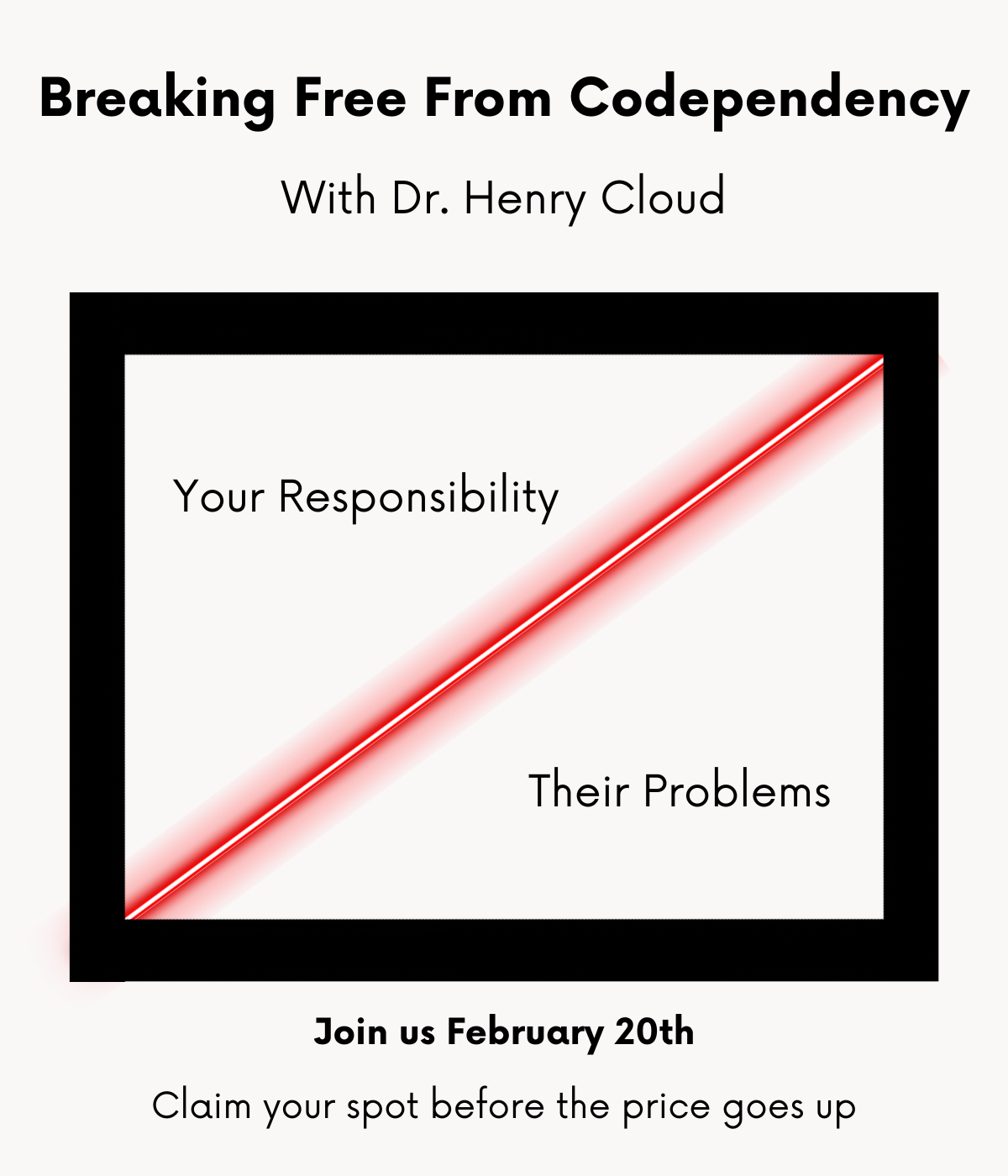Be Supportive, But Don’t Get Burned Out In The Process
Jan 13, 2023
Helping someone through a difficult time, whether it's due to a loss they have experienced, a hard situation or season that they are going through, or recovery from addiction, can be emotionally and physically draining. It's important to offer support and structure to those going through these challenging experiences, but it's also important to take care of yourself and avoid burning out. Here are some tips for how to help someone without burning yourself out:
Use active listening and empathy. Show that you understand and are with the person by making empathic statements and using nonverbal cues like eye contact and touch.
Ask open-ended, process-oriented questions. This will encourage the person to talk about their experience and allow you to better understand what they're going through.
Watch for signs of overwhelm. If the person is too overwhelmed to process their emotions, try to help them feel safe and gain control instead of pushing them to express their feelings.
Avoid offering pat answers or platitudes. It's important to be genuine and offer support rather than trying to give quick fixes or easy answers.
Offer practical help that restores the structure of life. Simple things like giving a ride, providing a meal, or taking care of errands can be incredibly helpful in restoring a sense of normalcy.
Remember that your presence and care are the biggest help you can offer. Don't try to have all the answers or solutions, and be there for the person as they go through their own healing process.
While you want to be the best support and help that you are able to bring to the situation, it's also important to set boundaries and make sure you are taking care of yourself while trying to help them. This may involve setting limits on the time and energy you can devote to supporting the person, and finding ways to recharge and take breaks as needed. It's okay to say no if you feel overwhelmed or unable to meet the person's needs.
It's important to remember that everyone's healing process is different, and there isn’t always an easy, obvious, right or wrong way to go through it. The best thing you can do is be there for the person, offer support and understanding, and allow them to go through their own process at their own pace, while ensuring that you don’t allow yourself to be consumed by their problems.



